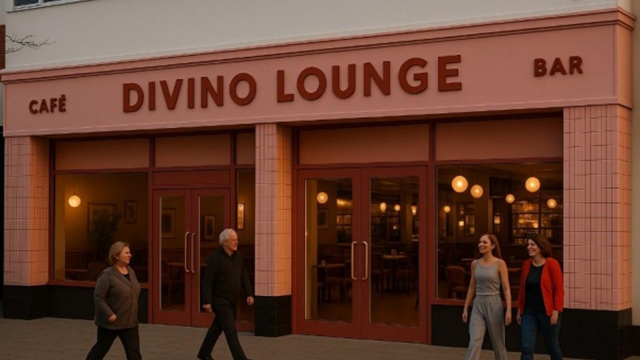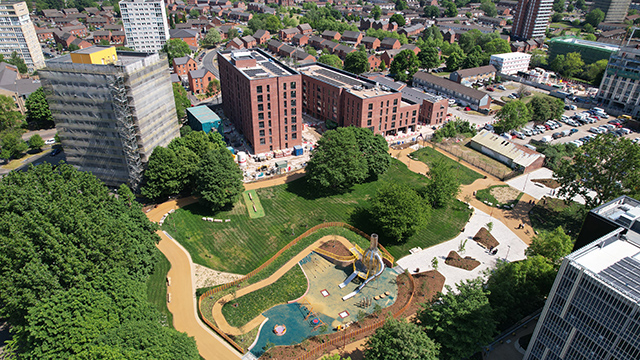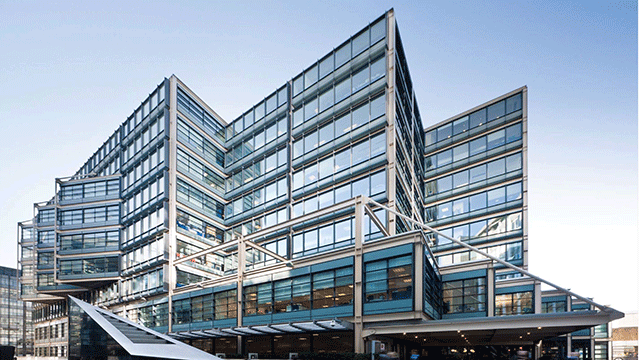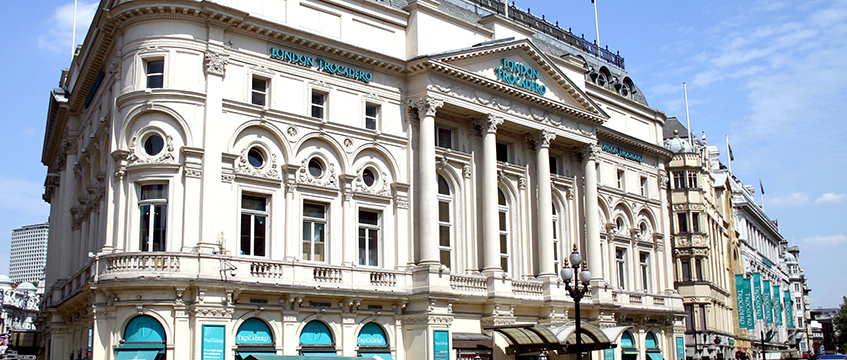Land – Hairdressing salon – Chair rentals – Respondent hairdresser operating from premises – Self-employed hairdressers renting chairs in premises – Respondent supplying hairdressers’ facilities – Whether respondent granting interest in land – Whether supply of services and facilities constituting letting of immovable property – Appeal allowed
The respondent hairstylist owned premises from which he operated his hairdressing business. He invited self-employed stylists to trade from his salon and provide hairdressing services to their own customers. Although there was no agreement in writing, he charged the stylists for the right to use an agreed part of the premises, with an extra charge for other facilities such as utilities and laundry.
The respondent took the view that he was making exempt supplies of licences to occupy land for VAT purposes within item 1 of Group 1 in Part 2 of Schedule 9 to the Value Added Tax Act 1994 so that his taxable turnover remained below the VAT registration threshold. However, the appellant Commissioners argued that he was making composite standard-rated supplies of facilities that fell to be included as part of his taxable turnover. Accordingly, he was liable for unpaid VAT and penalties.
On appeal, the VAT Tribunal held that the respondent had made distinct supplies comprising, on the one hand, a right to use part of the premises, including the exclusive use of a chair, the provision of utilities and the use of a telephone, and, on the other hand, laundry services and consumables. The former was the dominant and principal element in a composite supply, the other services being ancillary to or comprised in the principal supply. Thus, the proper classification of the supplies for VAT purposes was the grant of an interest in or right over land or of any licence to occupy land within item 1.
It was common ground that Schedule 9 to the 1994 Act had to be interpreted in accordance with article 13B(b) of Council Directive 77/388 (Sixth Directive), which it implemented.
The appellants appealed, contending that: (i) on the facts found by the tribunal, the letting of immovable property within article 13B(b) had not been made out; and (ii) the tribunal’s reasoning had been vitiated by an artificial splitting of the respondent’s package into two arbitrary classes. The correct classification was as a “supply of hairdresser facilities”.
Held: The appeal was allowed.
The respondent was liable to pay VAT on the relevant supplies, which could not properly be categorised as the letting of immovable property within the exception contained in article 13B(b) of the Sixth Directive.
The concept of the letting of immovable property within article 13B(b) was the conferring by a landlord on the tenant, for an agreed period and in return for payment, of the right to occupy property as though that person were the owner and to exclude any other person from enjoyment of that right. It was a relatively passive activity linked to the passage of time and not generating any significant added value. This was to be distinguished from other activities that were either industrial and commercial in nature or that included the provision of a service rather than the making available of property.
An agreement might fall short of being a letting of immovable property if it conferred a licence to use rather than to occupy land. However, an agreement was not precluded from being a letting of immovable property merely because the grantee’s exclusive use was subject to conditions or because it included the right to use parts of the landlord’s property in common with other occupiers.
In the present case, the package was the supply of all the facilities requisite for the carrying on of the business of a hairdresser, including the provision of an exclusive chair and allocated area. It was significant that the facilities were shared in common within the salon as a whole. The tribunal had erred in its legal analysis of the primary facts. The court was entitled to consider the matter afresh and conclude that the supply could not properly be categorised as the letting of immovable property.
Sarbjit Singh (instructed by the solicitor for HM Revenue & Customs) appeared for the appellants; Andrew Young (instructed by Whitehead Vizard Solicitors) appeared for the respondent.
Eileen O’Grady, barrister









